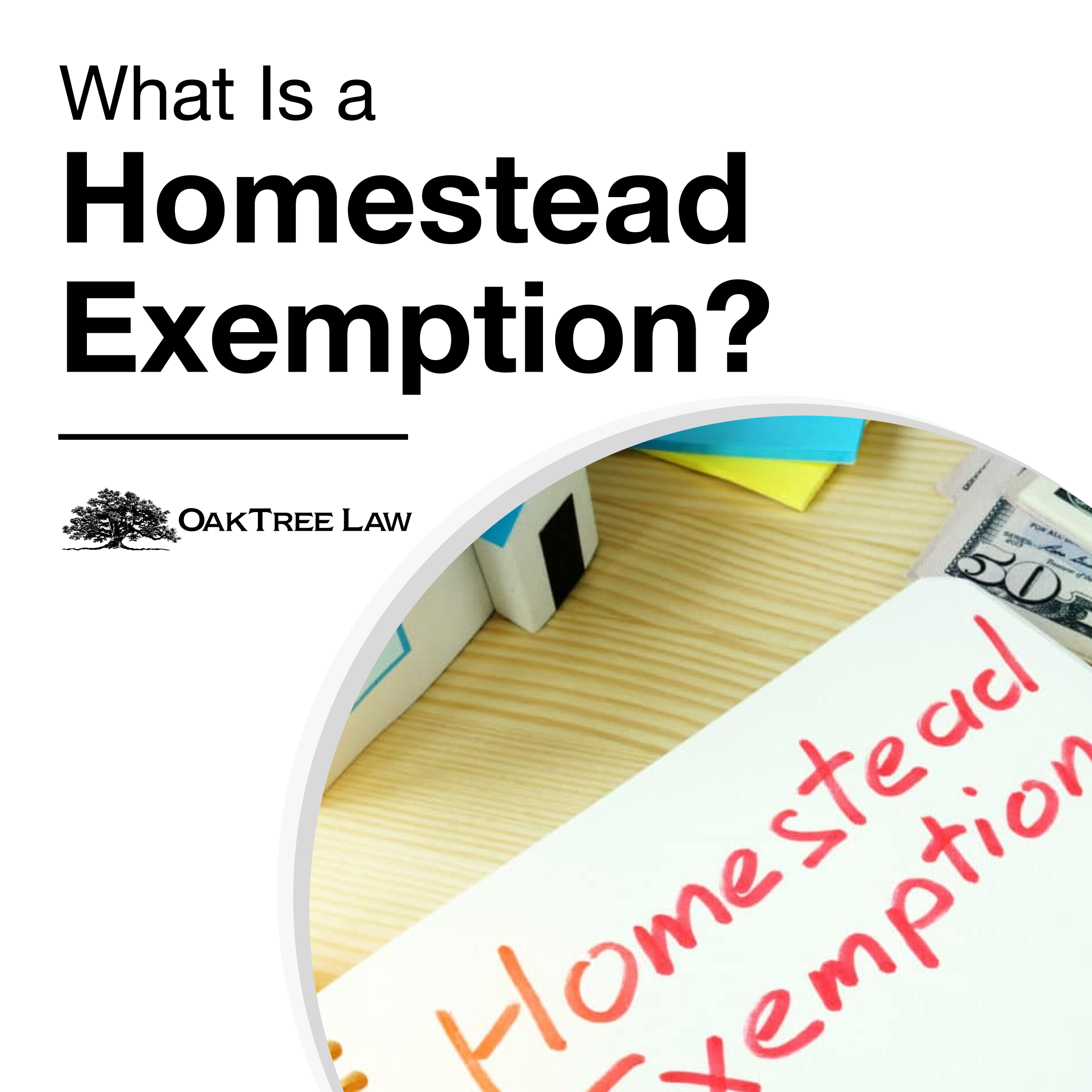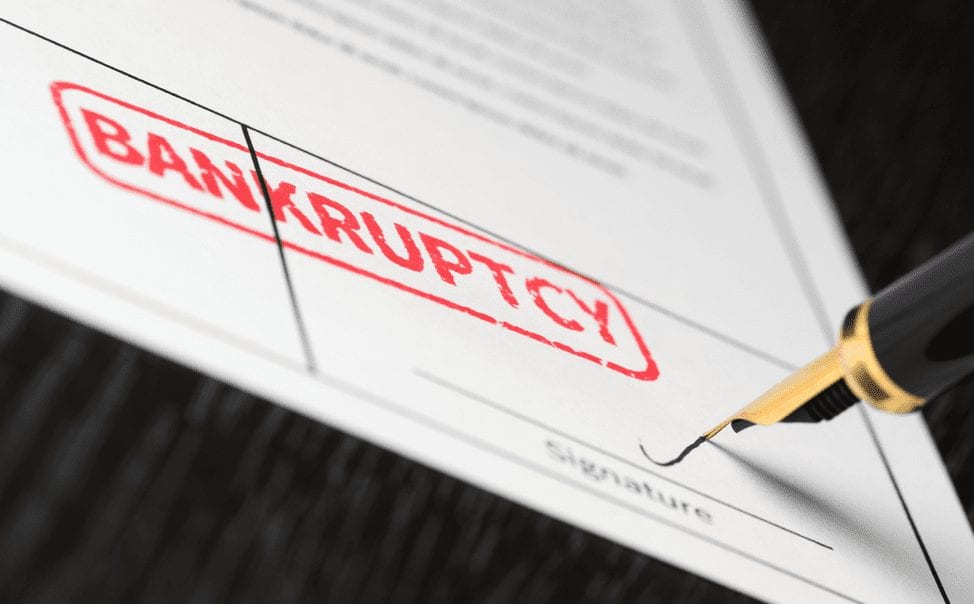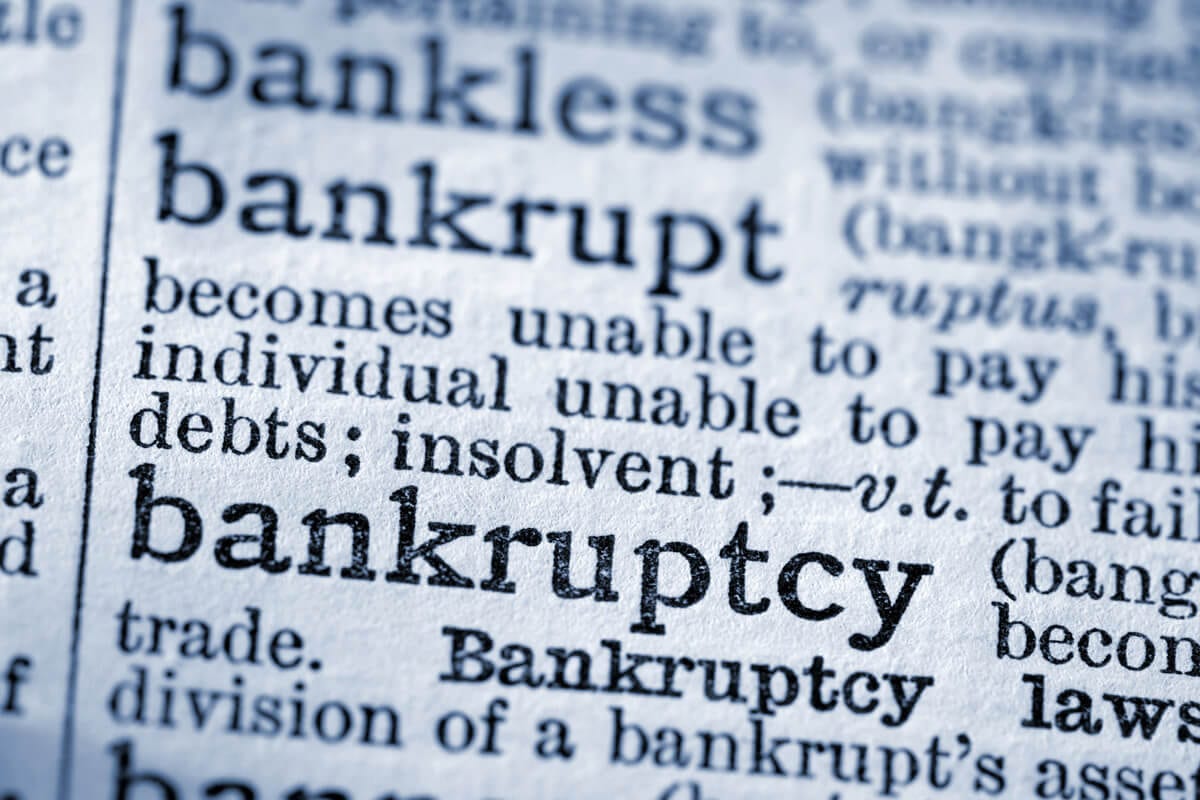Bankruptcy fraud is no laughing matter. Bankruptcies are overseen by The United States Trustee Program which is an arm of the Department of Justice, so you’re essentially dealing with a government agency and they don’t take these transactions lightly.
Seeing as bankruptcy is a tool used in dire financial situations to forgive or restructure debts and allow consumers the opportunity to get back on their feet, any hint of fraudulent activity will be aggressively investigated.
Bankruptcy fraud is a federal offense. Convictions stemming from bankruptcy fraud pack a serious punch as well. If found guilty, you could face up to five years in prison and/or fines reaching upwards of $250,000. Lawyers that prosecute insurance fraud cases on behalf of the federal government typically pursue the maximum penalties. That’s why it is absolutely imperative to understand how to correctly file for bankruptcy.
Even if you have hired an experienced bankruptcy attorney, it is wise to triple check their filings and personally ensure that all of your assets, earnings, savings, and debts are properly accounted for. Failing to list even a single asset, whether intentional or mistakenly, could result in being accused of bankruptcy fraud.
It is understandable that innocent mistakes will take place when individuals are in uncharted territory. After all, bankruptcy isn’t exactly a routine occurrence for most Americans. Even still, it is important to be extremely forthcoming when you are filing for bankruptcy. Let’s review some common missteps and mistakes that individuals make during the bankruptcy process so you can remain legally in the clear.
What Is Bankruptcy Fraud?
For those of you that are new to this, when you file for bankruptcy, it is expected of you to list all assets, properties, streams of income, as well as any assets that you may have transferred to others within a particular time frame.
Failing to be completely transparent when filing for bankruptcy, or omitting certain financial transactions or investments with the intent to ‘stiff’ creditors, will likely result in you being charged with bankruptcy fraud. Examples of fraudulent behavior with the intent to deceive include…
- Suspiciously moving money around in an effort to conceal profits, earnings or investments
- Filing inaccurate documents that have untrue or contradictory information
- Failure to disclose lottery winnings or any other prizes with quantifiable value
- Giving creditors false information or outdated financial records
- Altering or doctoring financial statements in an attempt to hide earnings
Federal prosecutors and investigators are keen on all sorts of tricks and schemes businesses and individuals pull to somehow bilk the system and not be held accountable for their debts. They have seen it all.
One would think that bankruptcy in and of itself is a fair and generous opportunity to rewrite your wrongs and undue poor financial decisions. Even still, there are those that are dead set on avoiding accountability. If you are considering filing for bankruptcy, you’ll want to make it a point to…
- Avoid even the slightest appearance of dishonesty
- Watch for suspicious and fraudulent behavior on someone else’s behalf and report it immediately
- Hire a bankruptcy lawyer that has a proven track record and upstanding reputation
- Being 100% forthcoming with your bankruptcy lawyer and any federal bankruptcy agents
Keep in mind that even if you’re not trying to defraud creditors and knowingly falsify financial statements, simple human error and clerical mistakes can prove dire. If you do notice an error or carelessly forgot to include important financial records, contact your attorney immediately so they can alert the government and courts.
Different Types of Bankruptcy Fraud
Unfortunately, when it comes to money, the honor system doesn’t quite suffice. Bankruptcy fraud is not that uncommon, but rarely do people get away with it. Most often bankruptcy fraud is part of a larger scheme.
One prime example is referred to as a ‘bust-out’ business bankruptcy scheme. This involves an individual or individuals that buy a business and use credit to outfit said business. After which they quickly sell off all of the assets with the expressed intent to not pay back creditors. Instead, they file for bankruptcy without disclosing the previously sold assets, essentially pocketing the profits.
We live in a digital age, making it nearly impossible to successfully defraud the federal bankruptcy courts. Nowadays most titles, deeds and financial transactions are entered into a computer, thus creating a digital footprint and roadmap for bankruptcy trustees to track and verify that the information contained in your bankruptcy filing is accurate. The sleuthing capabilities of federal bankruptcy trustees are propped up by computer forensic experts that are highly trained in catching fraudulent financial behavior.
There Are Four Basic Forms of Bankruptcy Fraud:
- Intentionally Concealing Property or Assets – This is by far the most common form of bankruptcy fraud. People think that by ‘gifting’ or signing over assets to family members, business partners or friends that it will somehow preclude them from having to disclose those earnings when they file for bankruptcy. They would be absolutely wrong. Giving things like cars, boats or properties away, or loaning them to someone else in an attempt to dupe creditors is a blatant act of fraud. If you are caught you may face federal prosecution.
- Credit Card Fraud – Another common ploy that bankruptcy courts are often faced with is credit card fraud. This occurs when individuals decide to pile on a bunch of charges to their credit cards before filing for bankruptcy with the intent to never pay back creditors, or rack up charges after filing for bankruptcy. Bankruptcy trustees are authorities on spending habits and are experts at tracking unusual spending patterns. If you are caught, your request for bankruptcy will be denied, or worse, you get charged with bankruptcy fraud.
- Purposefully Filing Incomplete or Incorrect Forms – Look, there is nothing easy about filing for bankruptcy. It can be a long and complicated process depending on the debt and how your business or finances are structured. It is expected that you will need to get clarification about some of the questions or requests in your bankruptcy filing. When in doubt, ask your bankruptcy attorney. They will be able to properly advise you. Unfortunately, if you make a mistake and have already signed off on the filings, you will need your attorney to convey that to the trustee so that no legal action takes place. During your meeting of creditors, where your bankruptcy trustee will be present, you are afforded one last opportunity to set the record straight. If you intentionally withhold certain documents or write in false information so you will benefit financially, then you will be met with the entire weight of the law and be held accountable.
- Filing Bankruptcy in Multiple States – Simply put, filing bankruptcy in multiple states is a federal crime. Using multiple identities to file bankruptcy is also considered fraud and will be prosecuted in a court of law. Using your maiden name in one bankruptcy filing and then using your married name to file for bankruptcy elsewhere, is still considered fraud. Remember, bankruptcy fraud is a federal crime, so think long and hard before you attempt to ‘pull one over’ on the federal government.
How to Avoid Bankruptcy Fraud in Los Angeles
Aside from common clerical errors, which you should report and rectify the moment you catch them, it is fairly simple to avoid bankruptcy fraud. The entire process is dependent on your honesty. Disclose all holdings, assets, savings, income and open lines of credit. Any loans, however minor, need to be reported. Any debts that you owe, however small, need to be listed in your bankruptcy filing. Even with full disclosure, here are some helpful reminders to help you avoid bankruptcy fraud.
- Accuracy is everything. Make sure you personally triple check your bankruptcy filing
- Do not sign your bankruptcy filing until you go over it with your attorney
- Carefully review, and then review again
- Keep in mind that even attorneys make errors. Check their work before signing.
- At any time you can contact your bankruptcy trustee with any questions or address any problems you may deem serious. That’s what they are there for.
Call a Trusted Bankruptcy Attorney Los Angeles
Filing for bankruptcy is a complicated process. It is understandable that you don’t want to shell out even more money to hire an attorney when you are already facing considerable debts. But in the end, it is to your benefit. They will be able to help you navigate the bankruptcy process and answer any and all questions you have moving forward with your bankruptcy.
The professional bankruptcy attorneys at OakTree Law have countless hours of experience helping individuals bounce back after bankruptcy. If you need advice or assistance, call the Los Angeles bankruptcy attorneys at OakTree Law at 888-791-9510 or request your free evaluation online.








